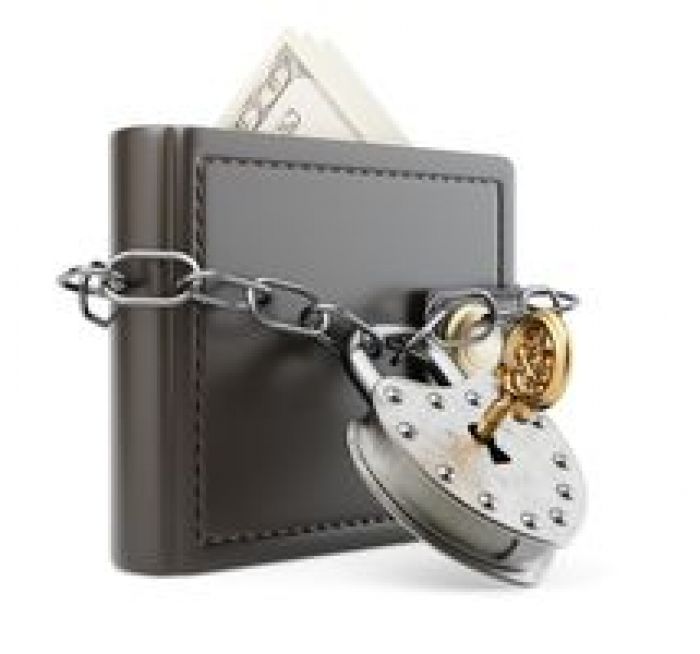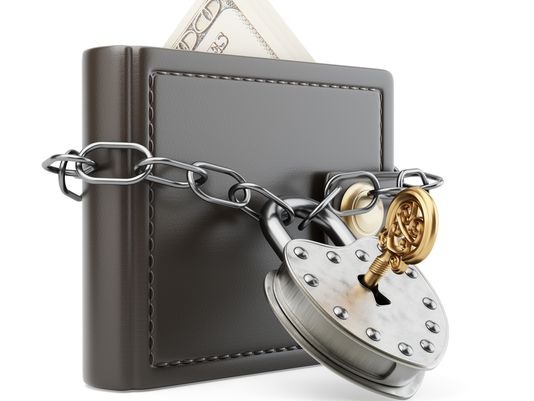Don't confuse 'saving' with 'not spending'

Peter Dunn, Special for USA TODAY 9:05 a.m. EST November 16, 2015

We should take the time to examine why not spending rarely turns into savings.(Photo: Getty Images/iStockphoto)
Have you ever wondered why you can’t accumulate savings despite your best efforts to not spend money? If so, you’re not alone. It’s one of the most common problems I see on a regular basis. Your effort and restraint are present, but the savings accumulation is absent. It’s frustrating, discouraging and, over time, can become quite dangerous.
Saving money and not spending money are not the same. Therein lies the problem.
Our financial behaviors are often deep-seated and difficult to change. The good news is turning not spending into actual savings is one of the easiest personal finance problems to fix.
The "not spending not equaling savings" problem arrives in many forms. Say, for instance, you decide to take your lunch to work for the next couple of days to save money. Yet, two weeks later, your savings account is no higher for your effort. Or, say, gas prices go down and you are able to reduce your spending on fuel by $150 for the month, but it doesn’t translate into a savings gain. In both instances, you only took half of the necessary steps it takes to save money. You’ve got to complete the job.
Have you ever heard someone say, “I saved $230 on my shopping excursion today. There were great deals!”? As you know, they didn’t save anything. They simply didn’t pay full price for whatever they bought. They could save $230, but that would require depositing $230 into their savings account when they got home from the mall.
We should take the time to examine why not spending rarely turns into savings.
I think the main culprit is online banking. It has changed the financial world and created some really strange habits. People tend to check their checking account balances way too frequently, and balance spending ensues. Balance spending describes the practice in which a person checks their balance with a number in mind, and then spends money down to what their guess was. For example, prior to checking my account balance, maybe I assume the account contains $460, but upon checking, I learn the balance is $870. This revelation causes shifts in spending behavior, despite the fact there are very reasonable explanations as to why the balance is so much higher. In most cases, a transaction hasn’t posted or a check hasn’t cleared yet. If I’m a chronic balance-spender, I’ll likely spend more because of my unexpectedly high balance.

Peter Dunn, aka Pete the Planner, writes a weekly financial-planning column for The Indianapolis Star and Fox59. (Photo: Provided)
Imagine walking to your pantry late at night to grab a box of bite-size cookies, which you swear is nearly empty. Upon picking up the box, you are pleasantly surprised to learn it's heavier than you would have guessed. There are plenty of delicious bite-sized cookies left! You will eat more cookies. When we’re faced with plenty of resources, we will use more resources than intended. When we’re faced with sparse resources, we will use fewer resources than intended.
When you don’t spend money because of low-priced fuel or a renewed effort to take your lunch to work, you risk creating this "extra resources" feeling within your checking account. And while you didn’t originally spend that particular money, you will frivolously spend it on something else, unless you get it out of your face and into permanent savings.
Every time you realize you didn’t spend money you normally spend, immediately transfer the exact amount of money out of your checking account and into your savings account. Are gas prices low? Then transfer money into your saving account after every fill-up. Did you take your lunch to work? While you’re eating your leftover Salisbury steak at your desk, transfer money into your savings account. If you’ve shown restraint and didn’t spend money, you’ve already accomplished the hard part. The easy part is somehow the forgotten step. You need to actually save the money.
Money not spent isn’t necessarily money saved. You must complete the process.
Peter Dunn is an author, speaker and radio host. Have a question about money for Pete the Planner? Email him at This email address is being protected from spambots. You need JavaScript enabled to view it.
Read or Share this story: http://usat.ly/1NWokgj









